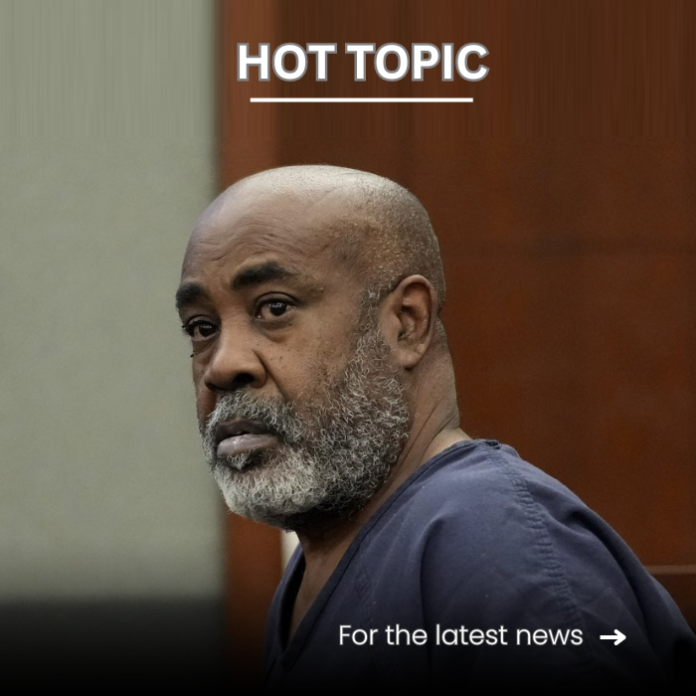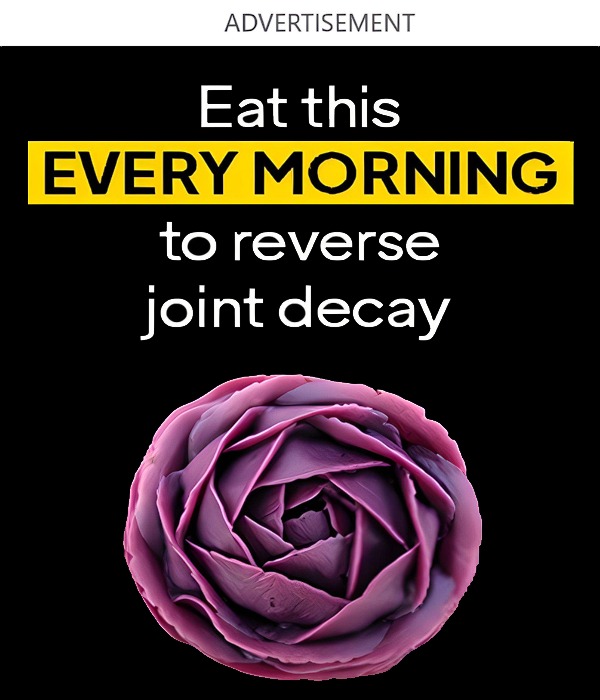Duane Keith ‘Keffe D’ Davis, the former leader of a Southern California street gang, has pleaded not guilty to orchestrating the drive-by shooting that killed iconic rapper Tupac Shakur in 1996 in Las Vegas. Davis is the only person remaining who was in the vehicle from which the fatal shots were fired and the only individual ever charged in connection with the case. Appearing in shackles before Clark County District Judge Tierra Jones, he asserted his innocence. He is being represented by special public defenders Robert Arroyo and Charles Cano after losing his bid to hire defense attorney Ross Goodman. Davis is accused of orchestrating the shooting, which took place amid a rivalry between East Coast Bloods gang members and West Coast Crips sects, to gain dominance in the gangsta rap genre.
The 1996 murder of Tupac Shakur sent shockwaves through the music industry and the world. The iconic rapper, aged just 25 at the time of his death, had left an indelible mark on the genre, with five No. 1 albums, six Grammy Award nominations, an induction into the Rock & Roll Hall of Fame, and a posthumous star on the Hollywood Walk of Fame. His legacy continues to influence and inspire artists today, making this case a focal point of hip-hop’s enduring mystery.
Davis, a former gang leader from Compton, California, was arrested on September 29 in suburban Henderson, Nevada, as police executed a search warrant, renewing public interest in the 27-year-old case. He is currently incarcerated without bail, and his arraignment marked the latest development in a case that has puzzled law enforcement and the public for nearly three decades. According to Davis’s attorneys, prosecutors lack crucial witnesses and key evidence, including the murder weapon or the vehicle used in the crime. The investigation into Shakur’s murder has been shrouded in mystery since its inception.
The indictment against Davis alleges that he provided a firearm to an unidentified person in the back seat of a Cadillac, which led to the fatal drive-by shooting targeting Tupac Shakur. The case suggests that the killing was motivated by a rivalry between East Coast Bloods gang members and West Coast Crips sects, with Davis being a prominent figure in the latter group. The September 7, 1996 shooting was purportedly in retaliation for an earlier brawl at a Las Vegas Strip casino, which involved Shakur and Orlando ‘Baby Lane’ Anderson, Davis’s nephew.
Orlando ‘Baby Lane’ Anderson was previously identified as a suspect in Shakur’s murder but always denied involvement. Tragically, Anderson lost his life in a shooting in his hometown of Compton two years later, leaving many questions unanswered. The other backseat passenger and the driver of the Cadillac have also since passed away.
In his defense, Davis has stated that he came forward in 2010 to share his knowledge of the killings of Tupac Shakur and rival rapper Notorious B.I.G. (Christopher Wallace), as a means to protect himself and 48 of his associates from prosecution and potential life sentences. Christopher Wallace, also known as Biggie Smalls, was shot and killed in Los Angeles in March 1997, six months after Shakur’s death. Davis’s account, as shared in his 2019 tell-all memoir, has been pivotal in reviving the case, but it remains far from being resolved.
The plea of not guilty by Davis reaffirms his stance in this decades-old case, and as the legal proceedings continue, the question of who was responsible for the murder of one of hip-hop’s most iconic figures remains unanswered. The intrigue surrounding the Tupac Shakur case endures, leaving the world of music and fans worldwide eager to see if justice will finally be served in this long-standing mystery.
Written by
Derek Chan – Editor







